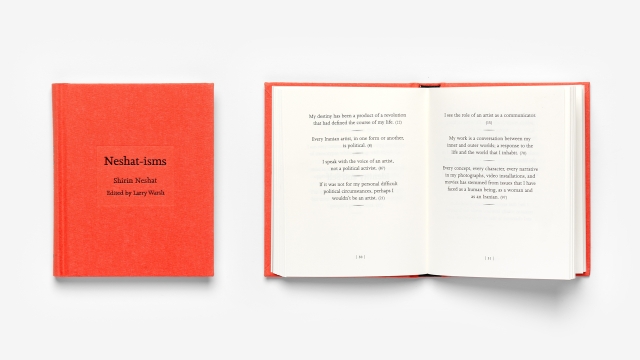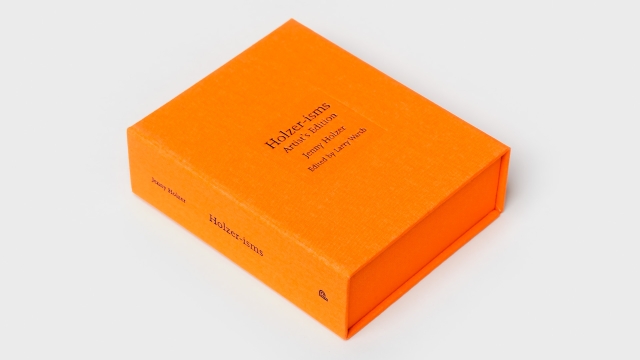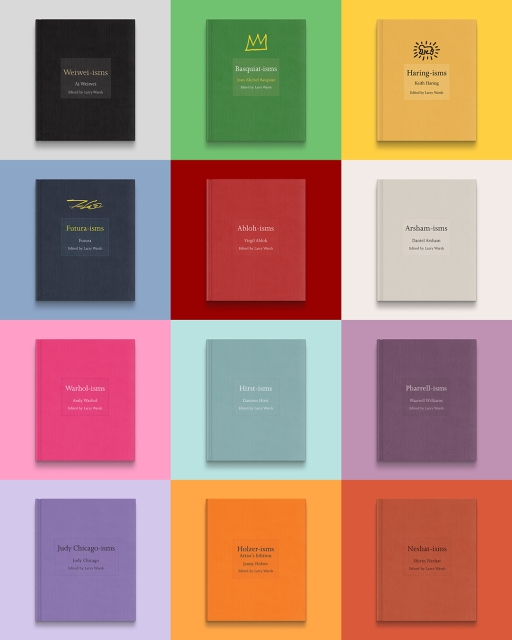Books of quotations have had a place in publishing for centuries.
The most widely distributed collection of quotations in English is Bartlett’s Familiar Quotations, first issued in 1855 and now in its 19th edition. Its creator, John Bartlett, ran the University Bookstore in Cambridge, Massachusetts, and was asked so frequently for information on quotations that he solved the problem himself—an early example of a proactive publisher conceiving a project to meet audience demand.
Bartlett’s original book, privately printed at first, cited the Bible, William Shakespeare, and English poets like Chaucer, Spenser, and Coleridge. Over time, the book was taken over by the publisher Little, Brown, and Company, and recent editions have included quotes from Bill Gates, Barack Obama, and Patti Smith.
At Princeton University Press, we’ve published numerous books of quotations over the years, including The Quotable Jefferson (2006), The Quotable Thoreau (2011), The Ultimate Quotable Einstein (2013), The Quotable Machiavelli (2016), The Quotable Darwin (2017), and The Quotable Jung (2018). Many of these books come out of larger “papers” projects, in which the Press has supported the publication of all a particular writer’s work. These multi-volume projects, the products of decades of research, fill entire shelves, and are usually intended for scholars or reference collections. The books of quotations are a distillation of these much larger collected works and are conceived for a less specialized readership.
While Einstein, Darwin, and Jung conducted most of their intellectual work in writing, artists rarely do the same. But it is still possible to know their words, often through the many interviews they give throughout their lives, or in some cases, the tweets they write and use to engage with a wider public around the world.

The first collection of ISMs came out of the world of Twitter. Its author, the Chinese artist Ai Weiwei, practiced a unique form of public engagement and activism, and his powerful tweets began to receive increasing levels of attention. Larry Warsh, an arts publisher, advocate, and friend of the artist, proposed a book of quotations to the Press, titled Weiwei-isms. Published in 2012, and edited by Warsh, the little black book with gold stamped lettering offered a potent package, with quotes from the artist on subjects ranging from freedom of expression and art and activism to government, power, and the digital world. Taken from tweets, interviews, and articles, several of the quotes demonstrate their content by their means of expression: “Do one small thing every day to prove the existence of justice,” “Everything is art, everything is politics,” and “Say what you need to say plainly, and then take responsibility for it.”
The success of this book, which was widely reviewed, translated into multiple languages, and has now sold over 35K copies, pointed to an interest in smaller books of quotations, especially by artists who have some form of activism as a facet of their work. Together with our partner No More Rulers, we have published thirteen volumes since 2012, all edited by Warsh. Authors include, in order, Jean-Michel Basquiat, Keith Haring, Futura, Virgil Abloh, Daniel Arsham, Andy Warhol, Damien Hirst, Pharrell Williams, and Judy Chicago. This spring we published the most recent two volumes, Holzer-isms: Artist’s Edition, a special boxed edition containing six posters featuring Jenny Holzer’s famed Truisms, as well as Neshat-isms, featuring quotations from the Iranian-American visual artist and filmmaker Shirin Neshat.

These little books of quotations have resonated with a new generation of readers. I will always be interested in what Henry David Thoreau thought and wrote, of course, but inspiration can come from many sources. The words of Jean-Michel Basquiat, Judy Chicago, and the other creative forces included in the ISMs series can both educate and delight. These are small books, affordably priced for all readers, and together they create a very powerful—and colorful—little library.
